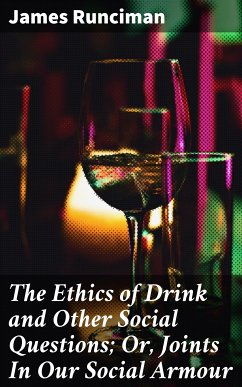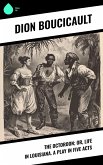In "The Ethics of Drink and Other Social Questions; Or, Joints In Our Social Armour," James Runciman explores the intricate connection between personal habits and societal well-being. Written during the late Victorian era, Runciman employs a critical, yet compassionate literary style that resonates with the sensibilities of his contemporaries. He delves into pressing issues such as alcoholism, social responsibility, and the moral implications of indulgence, providing a sobering reflection on the struggles facing the working class. The author'Äôs articulate prose and philosophical inquiry make this work a vital commentary on the ethical dilemmas of his time. James Runciman (1852-1891) was a British writer and journalist whose experiences as a railway worker and involvement in social reform movements deeply influenced his perspective on societal issues. His concern for the plight of the working class and his belief in the transformative power of education and ethical living prompted him to engage critically with the problems of drink and its ramifications on family and society. Runciman's own battles with addiction and health issues further underscore the urgency of his reflections. This book is a must-read for anyone interested in social ethics, historical perspectives on alcohol, and the moral fabric of society. Runciman'Äôs thoughtful analysis invites readers to examine their own values and the social constructs that shape their lives, making it a timeless contribution to discussions about personal responsibility and communal health.
Dieser Download kann aus rechtlichen Gründen nur mit Rechnungsadresse in A, B, BG, CY, CZ, D, DK, EW, E, FIN, F, GR, H, IRL, I, LT, L, LR, M, NL, PL, P, R, S, SLO, SK ausgeliefert werden.









